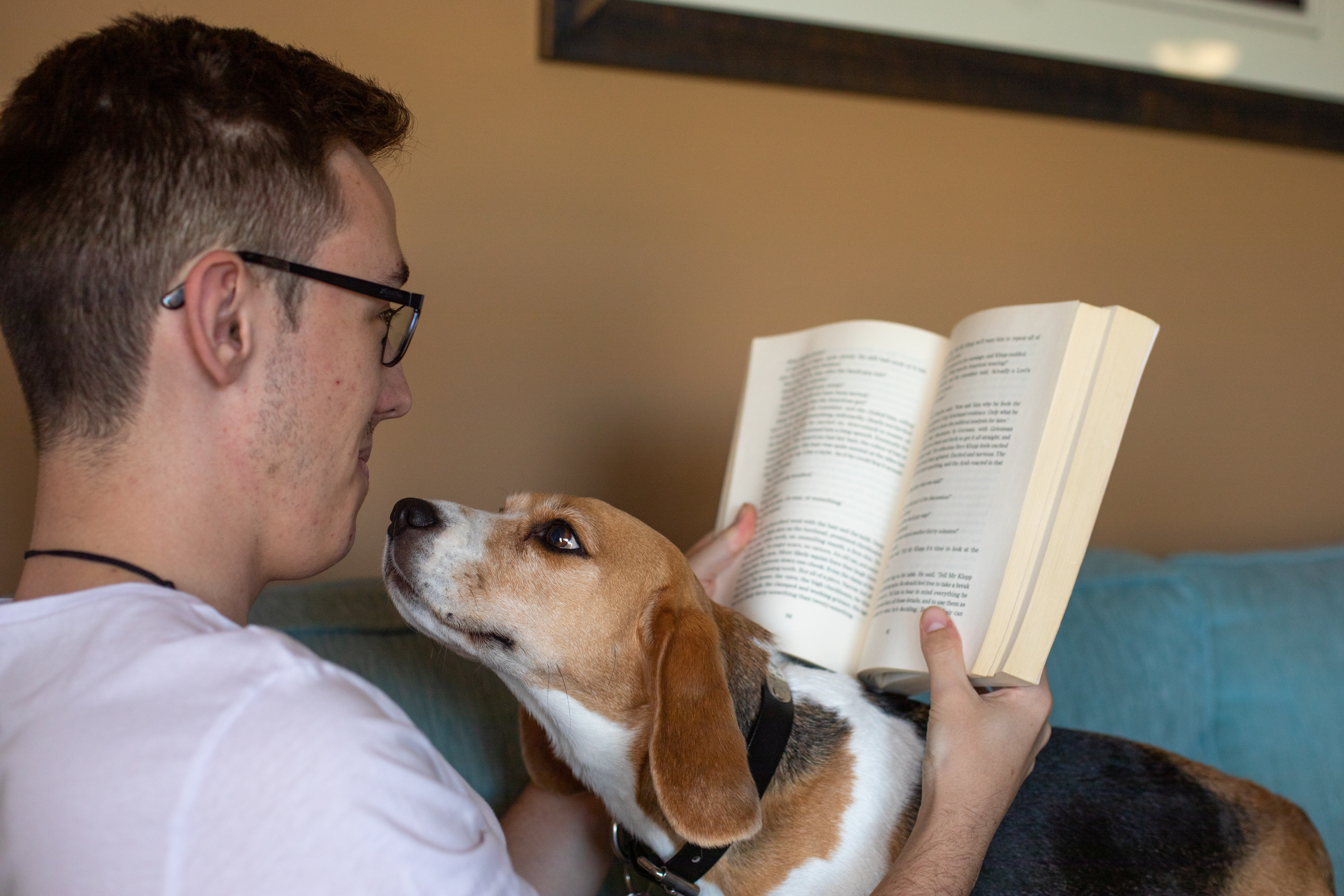Dog owners would have to spend three hours a day with their pets under proposed legislation in Australia
The new law would aim to put a dog’s ‘comfort, security, physical and mental wellbeing’ first at all times

In an ideal world, we’d spend as much time with our pets as possible. Other aspects of life, like work, often get in the way, but potential new laws in Australia could require dog parents to spend a minimum amount of time with their pets each day regardless of other commitments.
The Code of Practice for the Welfare of Dogs has been proposed in the Australian Capital Territory – which contains the Australian capital city, Canberra, and is surrounded by the state of New South Wales – and would mean that dog parents would need to spend a minimum of three hours with their pup each day. It’s not just this, however – the legislation would cover everything from surgical debarking to the use of the best dog leashes.
“This Code aims to ensure that all dogs receive proper treatment consistent with the need to maintain their comfort, security, physical and mental wellbeing at all times,” it states. If you’d like some help yourself, here’s how to deal with a badly behaved dog, as well as lots of reasons to avoid using punishment with your pet.
The plan, which is on public exhibition until August 22, has proved divisive among pet parents with some asking how aspects of it would be enforced.
Tam Goddard, who has had her rescue Kelpie, Ruff, for seven years, told the Australian Broadcasting Corporation that the legislation “doesn’t seem to be well thought through,” asking what lawmakers define as “human contact” in the context of the code and how it would be policed.
"We have a lot of problems with the budget, with the health system. Call me a cynic, but maybe this is a diversionary tactic," she added.

However, Rhiannon Kwateng, of RSPCA ACT, supported the proposed legislation, saying that most dog parents are already spending more than three hours with their canines and that the code would ensure they all meet their pets’ mental needs.
Get the best advice, tips and top tech for your beloved Pets
She acknowledged that enforcement could be difficult and could be worked out once the laws are decided upon. In terms of defining “human contact,” she said: "It's just being with them. Dogs are so social and just having that moment of being in the same room is meeting their basic needs," she said. "Dogs are extremely social creatures. They love their human."
The ACT has a strong recent track record when it comes to animal welfare. In 2019, with the Animal Welfare Legislation Amendment Bill, the territory became the first jurisdiction in the world to recognize animals as sentient beings rather than property.
As part of the bill, punishments for animal cruelty were made more severe, while new offenses such as hitting or kicking an animal, abandonment, or confinement in a car likely to cause injury, stress or death were added. A person is also legally allowed to break into a car to protect an animal providing there are no other feasible options, like calling the police.
The new proposed legislation, however, goes one step further. If you’re a resident, you can have your say and tell the government what you think here.
Read next: How long can you leave a dog alone? or Australian dog breeds

Adam is a freelance journalist specialising in pets, music and culture, and mental health and wellbeing. He investigates and writes the large majority of news on PetsRadar, and collaborates with veterinary experts to produce informative pet care content.
Adam has a journalism degree from Southampton Solent University and a masters degree in Magazine Journalism from Cardiff University. He was previously senior editor at dog advice website DogTime.com, and has also written for The Independent, GoodToKnow and Healthline.
He owns two rescue cats, Bunny and Dougie, and has also previously had a rabbit, fish and Roborovski dwarf hamsters.
